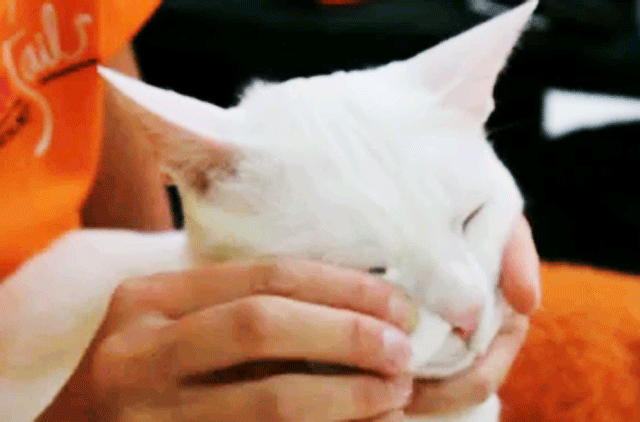Dubai: A Dubai veterinarian is lauding new UAE regulations regarding importation of domestic pets such as cats and dogs and their transit through the country to prevent contagious and infectious animal diseases.
The new regulations under animal welfare regulations governed by the Ministry of Climate Change and the Environment also ensure animals are exposed to proper travel conditions.
Dr Sara Elliott at British Veterinary Hospital in Dubai welcomed the changes.
“These new regulations see the UAE aligning itself with the global leaders in pet protection. Low-risk countries are more likely to have established laws around the care and protection of animals and this new regulation will ensure transparency in the procedures pet owners must abide by when transporting their pets,” said Elliot in a statement.
“Pet owners can rest easy knowing their pets will be transported in a safe and comfortable manner with the necessary documents and certification. As the process of pet travel can be arduous and lengthy, it will become increasingly important to seek the advice and support of your pet’s veterinary hospital.”
According to the directive, all pets must now be transported in the aeroplane hold and not with passengers. Cats and dogs must be presented with a permanent microchip which corresponds to a chip number. Owners are also now restricted to the importation of two animals per year and must hold an import permit.
While travelling, the animals must be accompanied with an authorised health certificate issued by veterinary authorities in line with the health certificate model as outlined by Dubai Municipality.
A vaccination document or pet passport must detail the microchip number, a full description of the animal including species, colour, sex, date of birth and other distinguishing marks. The vaccination document must include all aspects of the manufacturing company, batch number, vaccination date and labels as well as any treatments previously given to the animal. The minimum age of an imported animal from low-risk countries will be 15 weeks and 27 weeks from high-risk countries, ensuring improved health for adult animals.
New conditions
- All pets must be transported in the aeroplane hold and not with passengers
- Cats and dogs must have a permanent microchip with a chip number
- Only two animals could be imported by an owner per year
- An authorised health certificate must while travelling
- A vaccination document or pet passport detailing the microchip number and description must
- Minimum age for import: 15 weeks from low-risk countries and 27 weeks from high-risk countries













